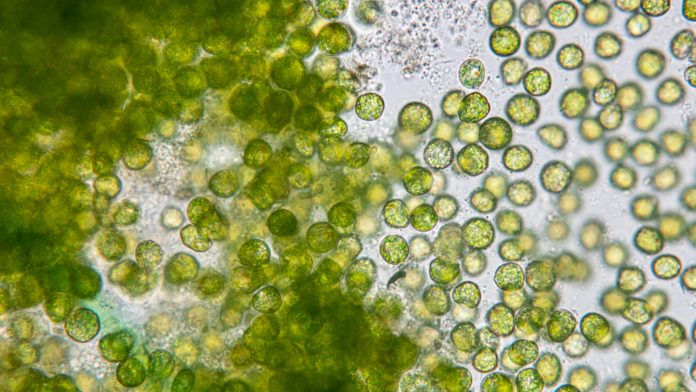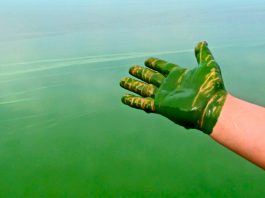Biological engineers led by the University of Sheffield’s Department of Chemical and Biological Engineering, are developing a new process to help the UK military reduce hydrocarbon waste.
The UK Ministry of Defence (MOD) generates large volumes of waste oils, fuels, lubricants, and other liquid hydrocarbon waste each year. New research conducted by the University of Sheffield will investigate how to break down complex hydrocarbon waste products using bacteria and turn them to carbon dioxide, the team will then use algae to capture the CO2, making the process completely sustainable.
Once this procedure is complete, the team of biological engineers plans to extract the fatty acids from the biomass and develop polymer chemistry methods for making biodegradable foams. These foams can be used in a variety of ways, including as synthetic soils to grow nutritional plants in water scarce environments.
Dr Jagroop Pandhal, from the University of Sheffield’s Department of Chemical and Biological Engineering, said: “The MOD has got a mixture of different types of hydrocarbon waste. We want to effectively break these down into simple components which are less harmful to the environment, and then build them up again into useful resources.”
Funding for algae-base products
From food products to biofuels, algae is used as a sustainable alternative in a wide range of sectors. Private funding bodies, such as Algae UK, support innovators looking to use algae as a feedstock for renewable materials. Supported by the UK’s Biotechnology and Biological Sciences Research Council, the funding body offers four kinds of support to its members.
The first of which, Business Interaction Vouchers (BIV), offers up to £10,000 to UK-based projects for up to six months. Projects must be relevant to industrial biotechnology (IB) as defined by the Biotechnology and Biological Sciences Research Council: “IB is a set of cross-disciplinary technologies that use biological resources for producing and processing materials and chemicals for non-food applications.”.
Secondly, the Proof of Concept (PoC) gives 12-month projects up to £50,000 for developing relevant IB as previously outlined by the Biotechnology and Biological Sciences Research Council. the funding body also funds early career researchers and students through conference and training support, Summer Studentship Bursary, and Secondment Bursary for early career researchers. The Management Board can consider fully justified ad hoc requests for small amounts of funding to facilitate activities that are relevant to Algae-UK members and the scope of the network.









